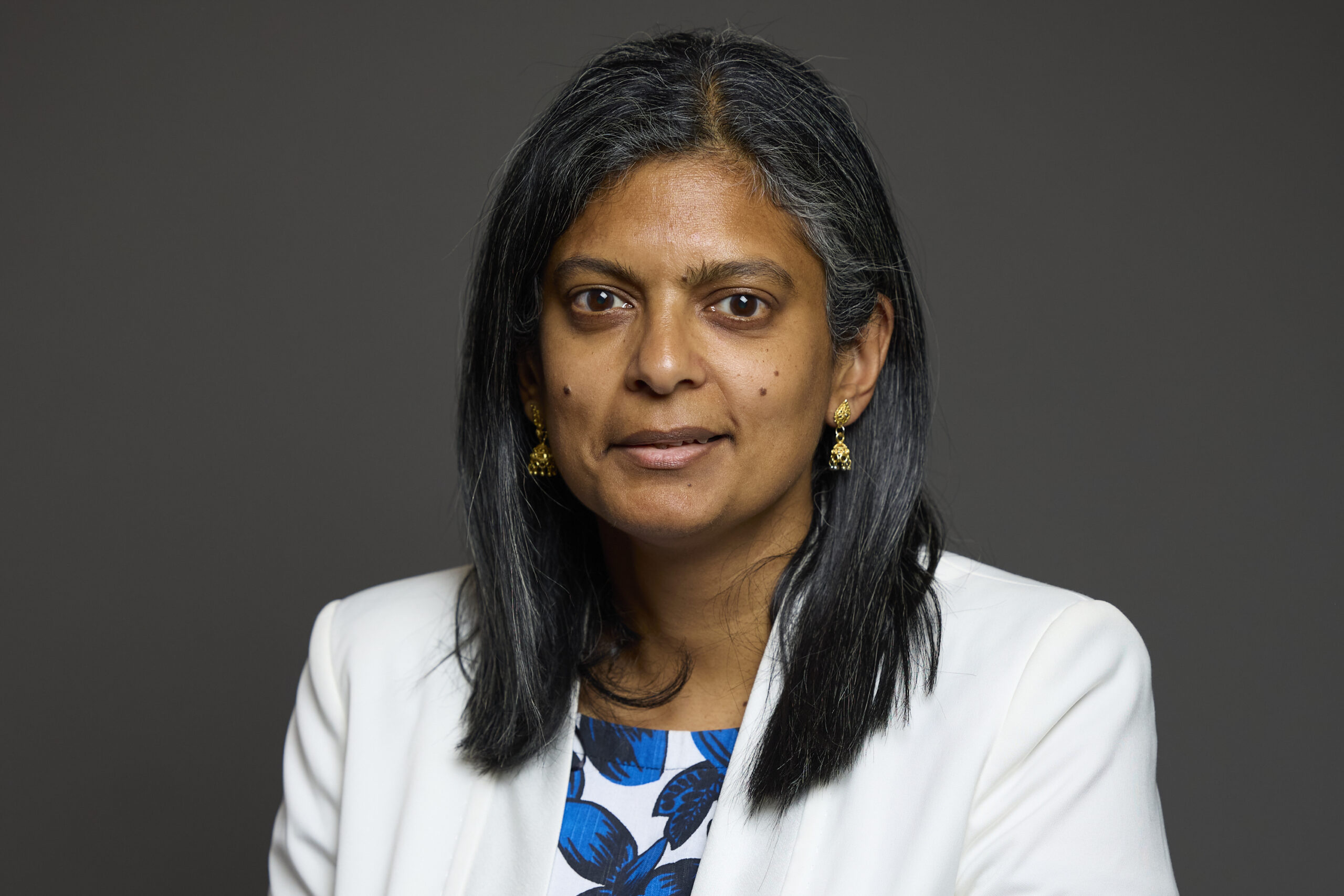It was the youff that did it in the end. Bangladesh, a nation that’s only existed since 1971 had a founding constitution stressing democracy, secularism and socialism. In recent years it’s been synonymous with authoritarianism and repression. Weeks before the UK’s own riots, this July Bangla university students took to the streets, initially over civil service jobs for the boys. Their aims spread to wider democracy concerns – demands punctuated by the state switchoff of internet and mobile network coverage. The police and army responded exercising lethal force on un-armed minors, leaving hundreds dead.
Then in an unforeseen twist, with tensions heightening autocratic PM Sheikh Hasina was forced to resign and flee to India. The illegitimate election of January where she romped home – hardly surprising seeing as no opposition party stood – was at a stroke wiped out with Parliament dissolved. A regime that had seemed so entrenched was gone.
Bangladesh, a plucky young country borne out of bloody struggle to detach itself from Pakistan which it shares no border with, is a mass of contradictions. 175 million in a landmass the size of England and Wales. Garments giant beset by natural disaster – currently hit by serious floods. Youth unemployment is sky high and inflation rampant. Having only ever known one government and force fed a diet of the narrative of Hasina’s dad as “father of the nation” (his portrait compulsorily hung in every official building), today’s youth revolted. They moved to calling the shots, achieving their choice of interim leader Nobel prize-winning Professor Muhammad Yunus (once in the Simpsons) who Hasina was trying to lock up.
Despite my origins there I never wanted to be MP for all Bangladeshis abroad freedom of expression crackdowns came across my caseload when I was contacted by the family of photographer Shahidul Alam – imprisoned/ tortured for covering earlier student protests. Cartoons were all but banned in Hasina’s latest 15 year reign. The young today are adorning the walls with murals and graffiti, even holding exhibitions. News of embezzlement of funds for infrastructure projects too is only being known now.
As I said on tv during the Colston/ BLM debate I’ve always found statutes slightly creepy. Ditto the larger than lifesize ones of the deposed PM’s dad Sheikh Mujibur Rahman seemingly everywhere when I visited Dhaka for a UN conference in May. Images of these being toppled in the aftermath of Hasina’s fall saw the man’s legacy as murdered war-hero effaced due to sins of the daughter. The former family home preserved as museum and Prime Ministerial residence were looted – all recalling post Saddam Iraq. Blind retribution is wrong but judging from my cousins, it was as if a valve has now opened and pent up frustrations spilling out; a low point being lads taking selfies clutching newly fugitive Hasina’s undies.
Yunus is 84 but remarkably sharp as I know from an unexpected brief videocall I had with him last week. He’s nonetheless generations away from the pivotal student protestors – recalling the youth defying the tanks at Tiananmen Square in 1990. His cabinet has two twentysomethings in its ranks and he’s taken on a staggering 25 ministerial portfolios. It’s unclear when fresh elections will be held that his supposedly neutral temporary administration of non politicos will oversee but I’m all for a healthy mix with more young people at the table and less gerontocracy. The ages of the characters are reminiscent of the Biden/ Trump/ Pelosi US: Sheikh Hasina is 76. Her historic rival Bangladesh National Party leader Khaleda Zia (newly released from prison) is 78 and poorly. They used to alternate in power before the electoral system was fixed further. Zia entered politics after the assassination of her husband, another war hero. Bullets and ballots figure in Bangladeshi history along with dictatorship and family feud. Both women have sons waiting in the wings but far more attractive sounding is a complete reboot. The students, free of liberation war hangovers are mooting their own party.
Her humanitarian response to the Rohingya crisis taking in refugees won Hasina plaudits. She ensured stability but now there’s a possibility of democracy. It’s been claimed that this is the country’s second independence. Let the UK help the rebuilding so institutions are cleansed of party apparatchiks, laundered assets recovered and that the Bangladesh2.0 that emerges is prosperous, future-focused and free of dynastic politics in sharp contrast to the poverty stricken land that Henry Kissinger called “a basket case”.


